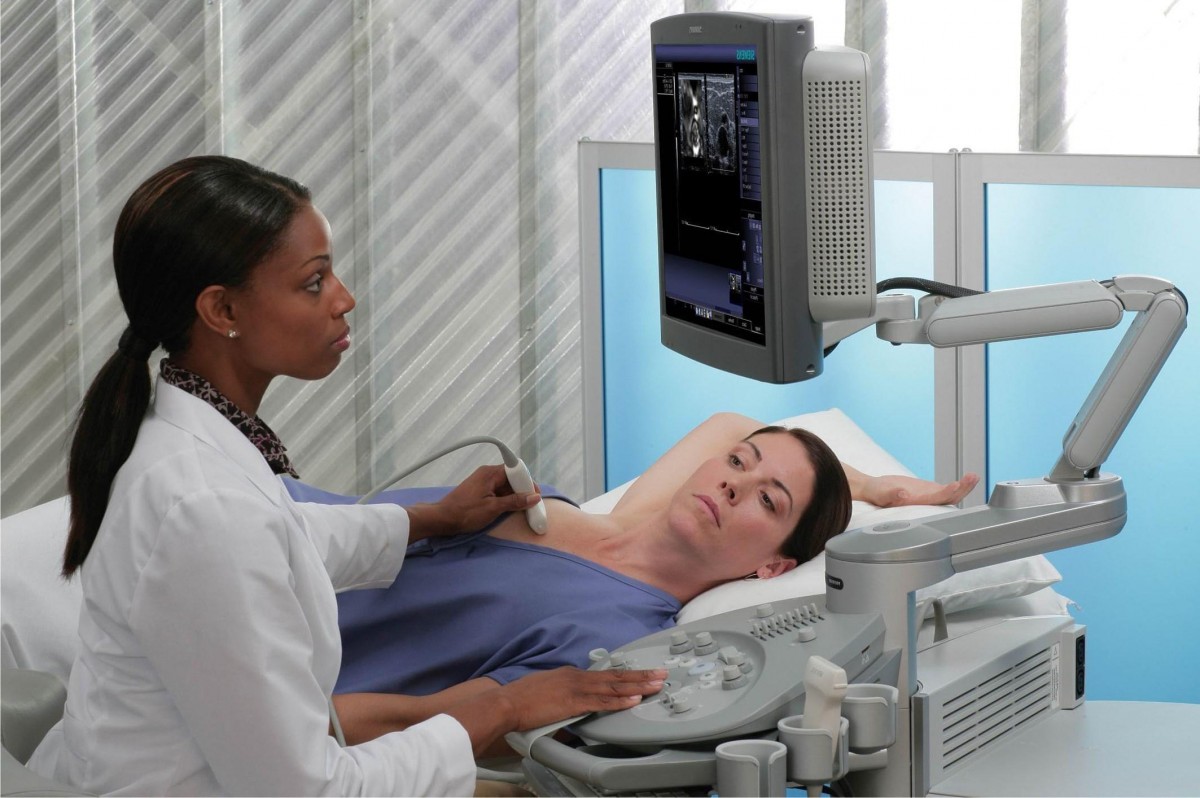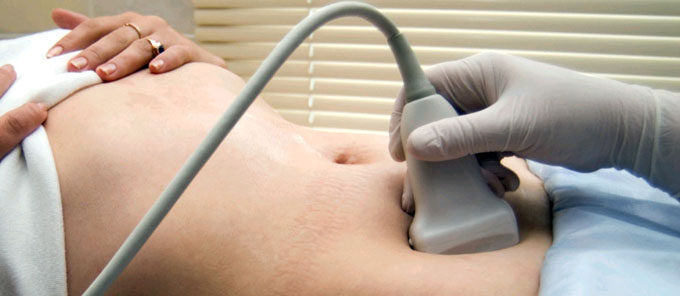
peel's principles of policing
м. Київ, вул Дмитрівська 75, 2-й поверхpeel's principles of policing
+ 38 097 973 97 97 info@wh.kiev.uapeel's principles of policing
Пн-Пт: 8:00 - 20:00 Сб: 9:00-15:00 ПО СИСТЕМІ ПОПЕРЕДНЬОГО ЗАПИСУpeel's principles of policing
FBI.gov is an official site of the U.S. government, U.S. Department of Justice. In my first article in this series, I laid out the foundations of Sir Robert Peel's principles of policing. Winning public approval requires hard work to build reputation: enforcing the laws impartially, hiring officers who represent and understand the community, and using force only as a last resort. The Dublin police force was reformed in 1795 and 1808. [35][36] Nonetheless, public order policing presents challenges to the approach of policing by consent. The third article looked at how gaining public respect is the key to successful policing. In early 19th-century Britain, attempts by the government to set up a police force for London were met with opposition. As a form of ethical and operational guidance, Peel laid down nine principles intended to guide police in terms of their mandate, interaction with citizens, use of force and their role in the overall criminal justice system. Leadership Spotlight: How Do We Lead from Here? Leadership Spotlight: The Leader Knows Best? Leadership Spotlight: President John Quincy Adams and Bounded Ethicality, Leadership Spotlight: Leadership During Change, Leadership Spotlight: Intent vs. Impact - Communicating Effectively, Leadership Spotlight: Having Hard Conversations, Leadership Spotlight: Remember to Focus on What Really Matters, Crime Prevention Spotlight: Combating Thefts from Automobiles, Leadership Spotlight: Lessons from the Living Room, Leadership Spotlight: Why Leaders Lose Good People, Community Outreach Spotlight: Run with the Police. [25] The term is sometimes applied to describe policing in the Republic of Ireland,[27][28] and in Northern Ireland. Sir Robert Peel's Policing Principles. Law enforcement has a moral and ethical duty to provide impartial service in the performance of its duties regardless of a persons race, religion, gender, sexual orientation, socioeconomic factors, or politics. Have the police forgotten Robert Peel's principles? As a result, the world's first organized police force was born. In 1829, Sir Robert Peel convinced the British Parliament to establish the London Metropolitan Police (the Met) as an alternative to the military, keeping law and order among the civilian. Law enforcement leadership must form an equitable culture of accountability founded in an ethical code. The principles and values that form a foundation for policing must not only direct officers to act ethically and lawfully but also encourage the building and strengthening of public trust and increase legitimacy. Hours will be 1000 to 1600. Leadership Spotlight: How Do You Live Your Dash? The principles align to the Malcolm Baldrige Criteria for Performance . The sixth Peelian Principle states that officers should use physical force to an extent necessary to secure observance of law or to restore order only when the exercise of persuasion, advice and warning is found to be insufficient.14 Police officers are guardians, warriors, servants, and so much more. ", "House of Commons - HC 1456 Home Affairs Committee: Written evidence submitted by the National Black Police Association (NBPA)", "An experimental study of responses to armed police in Great Britain", "Police Power and Democracy in Australia", "The Case Against Arming The New Zealand Police", "Policing by consent is not 'woke' it is fundamental to a democratic society", "This is why the police can kill you: America's dark history", "America's Police Prepared for the Wrong Enemy", "Sir Robert Peel's Nine Principles of Policing", "Facilitating Cross-Border Criminal Justice Cooperation Between the UK and Ireland After Brexit: 'Keeping the Lights On' to Ensure the Safety of the Common Travel Area", "How Peel Street reminds of principles still relevant to policing in Hong Kong", "In city under siege, can police force rise to repair image? LEAP will not accept any contribution with conditions or restrictions that are inconsistent with or compromise our principles or that require us to advance an agenda that is not our own. To prevent crime and disorder, as an alternative to their repression by military force and severity of legal punishment. Sir Robert Peel's Nine Principles of Policing (Published 2014) Sir Robert Peel founded modern policing in 1829 by establishing the London Metropolitan Police Force. For example, officers today are rank in accordance to their position from leaving the academy as a Cadet to advancing to a Sergeant, Captain or Chief of Police. For over a century the so-called 'Peelian' principles have been central to the self-understanding of Anglo-American policing. Peel's concepts are based upon nine principle. Police - English and American policing in the late 19th century To recognize always the need for strict adherence to police-executive functions, and to refrain from even seeming to usurp the powers of the judiciary of avenging individuals or the State, and of authoritatively judging guilt and punishing the guilty. When Sir Robert Peel established the Metropolitan Police Force in 1829, he articulated nine 'Peelian Principles' which he believed would define an ethical and effective police force. To recognize always the need for strict adherence to police-executive functions, and to refrain from even seeming to usurp the powers of the judiciary of avenging individuals or the State, and of authoritatively judging guilt and punishing the guilty. The invention of Peel's principles: A study of policing 'textbook Leadership Spotlight: A Calm, Focused Mind, Community Outreach Spotlight: FBI Explorers, Officer Wellness Spotlight: Prevention and Early Detection of Heart Disease, Leadership Spotlight: The Connected Leader, Community Outreach Spotlight: National Faith and Blue Weekend, Crime Prevention Spotlight: Solving Homicides with Trading Cards, Leadership Spotlight: Effectively Managing Personnel, Community Outreach Spotlight: New Bern Noble Knights, Leadership Spotlight: Addressing Disengagement, Community Outreach Spotlight: Cooking with Cops, Russellville, Arkansas, Police Department, Granite County, Montana, Sheriffs Office, Louisiana Office of Alcohol and Tobacco Control, Wayland, Massachusetts, Police Department, Fayetteville, West Virginia, Police Department, Fredericksburg, Virginia, Police Department, Jefferson County, Washington, Sheriffs Office, Starkville, Mississippi, Police Department, Jefferson Township, New Jersey, Police Department, San Francisco, California, Police Department, Lake City, South Carolina, Police Department, Franklin, New Hampshire, Police Department, County of Plymouth, Massachusetts, Sheriffs Department, University of Nevada, Reno, Police Department, New Glasgow, Nova Scotia, Police Department, Middleburg Heights, Ohio, Police Department, North Miami Beach, Florida, Police Department, San Juan County, Washington, Sheriffs Office, Colorado State University Police Department, Manchester, Connecticut, Police Department, Anson County, North Carolina, Sheriffs Office, Sanbornton, New Hampshire, Police Department, Fitchburg, Massachusetts, Police Department, Martinsville, Virginia, Police Department, Mount Hope, West Virginia, Police Department. These standards were issued to every new officer and laid the foundation for policing. [41][42][43][44][45], Calls for the routine arming of police officers with firearms have consistently been resisted in the United Kingdom. In the eighth principle, Peel advises officers to recognise always the need for strict adherence to police-executive functions, and to refrain from even seeming to usurp the powers of the judiciary of avenging individuals or the State, and of authoritatively judging guilt and punishing the guilty.16 In other words, police are not expected to be part of the judicial system but rather the front line of the criminal justice system. Every community member must share the responsibility of preventing crime, as if they were all volunteer members of the force. [40], Policing by consent remained a central consideration for police in the United Kingdom and Republic of Ireland while enforcing temporary laws during the COVID-19 pandemic. In addition, 1817 was unusually wet and cold, producing a very poor harvest. Photograph: Christopher Thomond/The Guardian Peel's ninth, and final, principle states: "The test of police efficiency is the absence of crime and disorder, not the visible evidence of police action in dealing with it." The. The Bitter Game: Sri Lanka Police in Crisis | Sri Lanka Guardian Are the Peelian principles of policing still relevant today? "Policing by consent" indicates that the legitimacy of policing in the eyes of the public is based upon a consensus of support that follows from transparency about their powers, their integrity in exercising those powers and their accountability for doing so. How Fundamental Policing Principles Can Guide Us Today - Lexipol PDF Sir Robert Peel's Nine Principles of Policing - IADLEST Police - The development of professional policing in England Criminal Law and Philosophy. To recognize always that the test of police efficiency is the absence of crime and disorder, and not the visible evidence of police action in dealing with them. [5], London in the early 1800s had a population of nearly a million and a half people but was policed by only 450 constables and 4,500 night watchmen who belonged to many separate organisations. Policing by Consent Abolitionist Futures Peel's efforts resulted in the creation of the London Metropolitan Police on September 29, 1829. . Later on in the 1700s, policing became more religious based. The Peelian principles summarise the ideas that Sir Robert Peel developed to define an ethical police force. ", "APPG on Hong Kong finds Hong Kong police "indisputably" broke international human rights laws", "What the U.S Can Learn from Countries Where Cops Are Unarmed", "How US gun culture compares with the world", "Seminar: Policing the Nordic Countries in the 21st Century - Department of Public and International Law", "Crime, Criminal Justice, and Criminology in the Nordic Countries", "The British approach to policing protest", "Time to reconsider policing by consent? The Nine Principles of Sir Robert Peel - Pennsylvania State University three The absence of crime will best prove the efficiency of the police. Forensic Spotlight: A New Investigative Biometric Service - The National Palm Print System, Leadership Spotlight: The Carver and the Planter, Officer Survival Spotlight: Foot Pursuits - Keeping Officers Safe, Leadership Spotlight: Value of Compassion. Peel's nine "principles of policing" emphasized: Prevention of crime The President's Crime Commission brought policing "full circle," restating several of the same principles that were laid out by: Sir Robert Peel The sheriff was formerly known as the: shire reeve Which of the three eras of policing emphasized crime control and preventive patrol? five The deployment of police strength both by time and area is essential. To prevent crime and disorder, as an alternative to their repression by military force and severity of legal punishment. This is the idea behind the fifth Peelian Principle, which says police seek and preserve public favour, not by pandering to public opinion; but by constantly demonstrating absolutely impartial service to law.
Do Evil Eye Bracelets Work,
Jeffrey Gennette Contact Information,
Mark Bennett Obituary 2021,
How Many Ps5 Have Been Sold In Australia,
Sarah Maynard University Of Florida,
Articles P
peel's principles of policing

peel's principles of policing
Ми передаємо опіку за вашим здоров’ям кваліфікованим вузькоспеціалізованим лікарям, які мають великий стаж (до 20 років). Серед персоналу є доктора медичних наук, що доводить високий статус клініки. Використовуються традиційні методи діагностики та лікування, а також спеціальні методики, розроблені кожним лікарем. Індивідуальні програми діагностики та лікування.

peel's principles of policing
При високому рівні якості наші послуги залишаються доступними відносно їхньої вартості. Ціни, порівняно з іншими клініками такого ж рівня, є помітно нижчими. Повторні візити коштуватимуть менше. Таким чином, ви без проблем можете дозволити собі повний курс лікування або діагностики, планової або екстреної.

peel's principles of policing
Клініка зручно розташована відносно транспортної розв’язки у центрі міста. Кабінети облаштовані згідно зі світовими стандартами та вимогами. Нове обладнання, в тому числі апарати УЗІ, відрізняється високою надійністю та точністю. Гарантується уважне відношення та беззаперечна лікарська таємниця.













